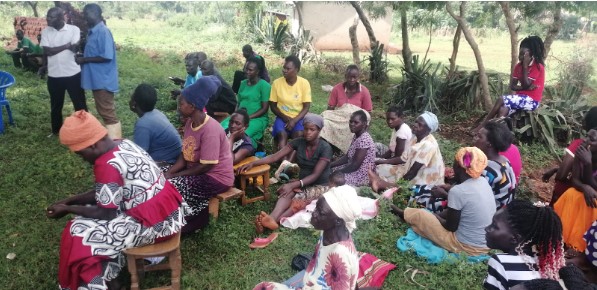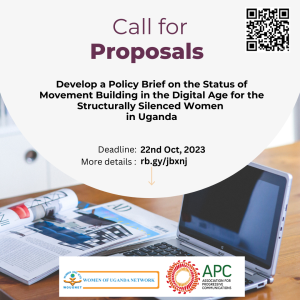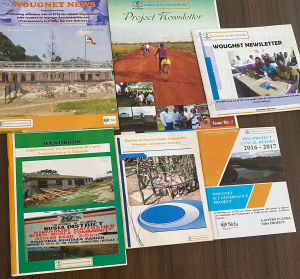Gender-based violence persists as a prominent infringement upon human rights across societies, largely rooted in gender discrimination. While both men and women endure such violence, women and girls constitute the majority of victims.
Gender-Based Violence is a form of discrimination and a violation of human rights, encompassing physical, sexual, mental, emotional, and economic harm, along with threats, coercion, and deprivation of liberty.
Globally,35% of women have experienced physical and/or sexual intimate partner violence or non-partner sexual violence and 7% of women have been sexually assaulted by someone other than a partner. This does not only affect women involved but also their children, families, and communities. This encompasses causing harm to an individual’s health, potentially resulting in long-term consequences for children (some of whom may leave their homes and become street children), as well as harming communities through lost productivity and increased homelessness. One of the key remedies to combat gender-based violence is to engage and educate the community about its underlying causes and the far-reaching effects it has on individuals and society.
On 12th /December/2023, WOUGNET conducted a community engagement meeting in the Busia district, Tiira sub-county, with the aim of understanding the causes and effects of gender-based violence among women and men in Tiira community and the possible solutions. The engagement had 70 participants including women, men, and youths who managed to discuss the causes, the effects of GBV and how it can be solved.
A male participant highlighted women’s empowerment as one of the factors that cause gender-based violence. Women empowerment has boosted the ability of women to make strategic life choices in the context of gender inequality as transgressive social norms, men feel their masculine identities are being challenged, and respond with hostility and violence. Over the years, some men have taken advantage of the fact that some women especially in rural areas do not know their rights, for example nurturing children is left to women. Men do not provide their families with essential household items and services like food, education, clothes, and health care, thus leaving the responsibility to women.
“After my husband married another wife, he failed to build a house for us so me and my children decided to make bricks and build for ourselves the house we currently stay in”, a woman stated.
Furthermore, adultery in both women and men also leads to significant disruptions in the family’s daily life, routines, and overall stability. It leads to family breakdown in communication, leads to secrets, and lies, and hinders the ability to openly express emotions and concerns leading to emotional violence.
All these factors lead to fights and quarrels in a family which comes with its related effects, that is, many women are forced to leave their homes to find safety, children go on streets searching for freedom, girls get involved in early marriages and end up getting exposed to Sexually Transmitted Infections and diseases like HIV.
In addition, the trauma of sexual violence affects one’s ability to work and lowers the development rate in a home since the couple cannot agree on some issues together.
Participants’ experiences with gender-based violence
“My mother beat up my father which led to kidney failure hence his death’’
“I witnessed a woman beat up her husband suspecting him of cheating’’
“I divorced from my husband’s home because of poor feeding, he made me eat silverfish and unfried food with my children”
Possible recommendations by participants to end gender-based violence:-
Participants stated that there is a need for women to understand their positions as women and respect their husbands, men also need to take care of and provide for their families as fathers and as heads of the families, this will end quarrels and fights in a home. Furthermore, capable organizations need to fund women’s organizations, for example, UN Women should continue to donate and support local organizations that empower women, amplify their voices, support survivors, and promote acceptance of all gender identities and sexualities to end violence against women.
There is also a need to stand against a violent culture and environment, for instance, stand against a social environment that normalizes and justifies justice, hold each other accountable by reporting to the authorities, listen to and help victims, and perpetrators should be seriously punished.
In Conclusion, more efforts should be put in place to prevent gender-based violence and promote gender equality through awareness-raising and behavior change and communication including, providing information on how survivors can access justice through formal and informal mechanisms.
Author:
Babirye Roseline, program assistant Gender and ICT Policy Advocacy






